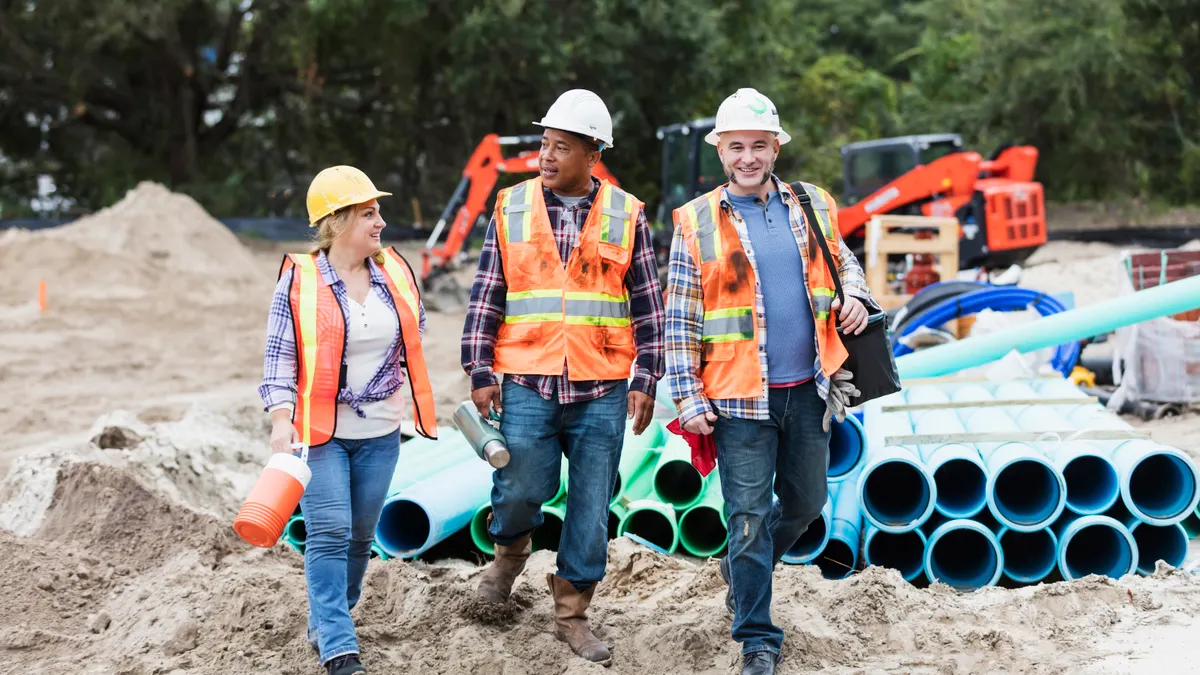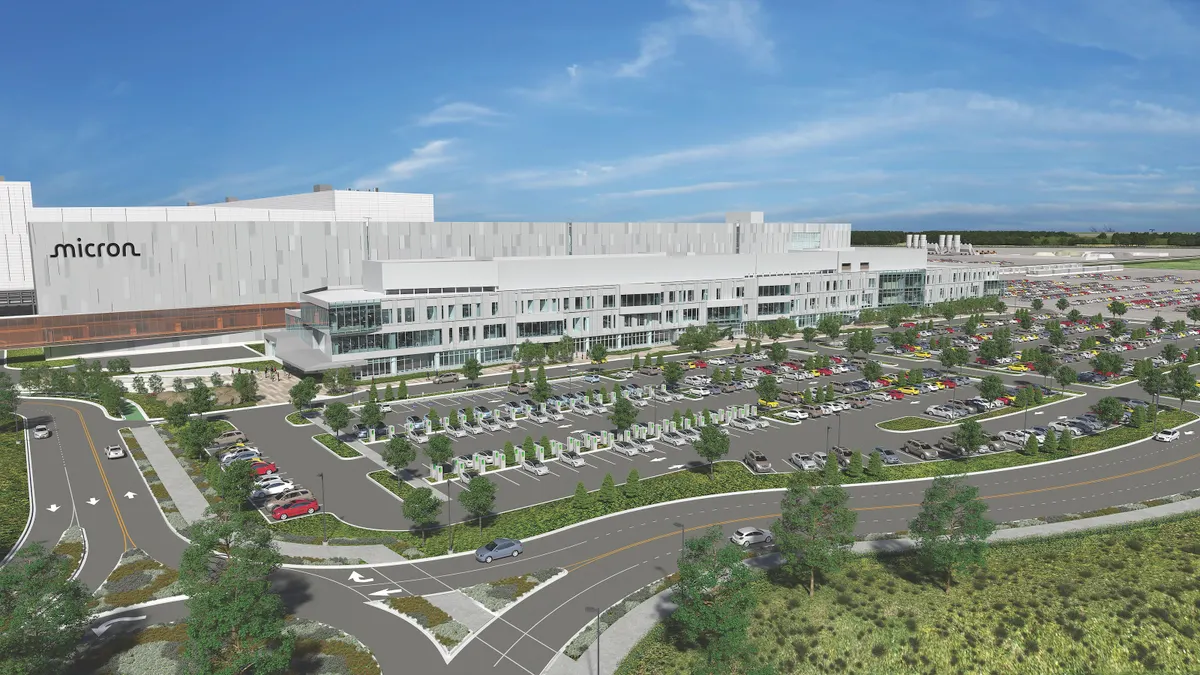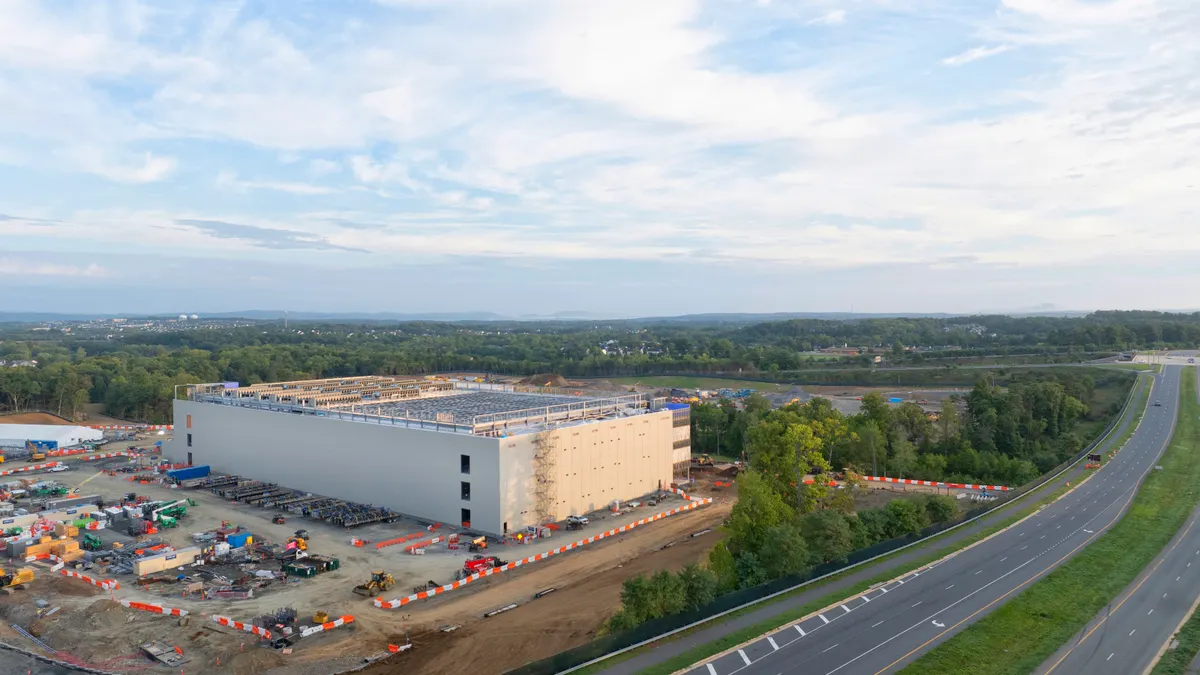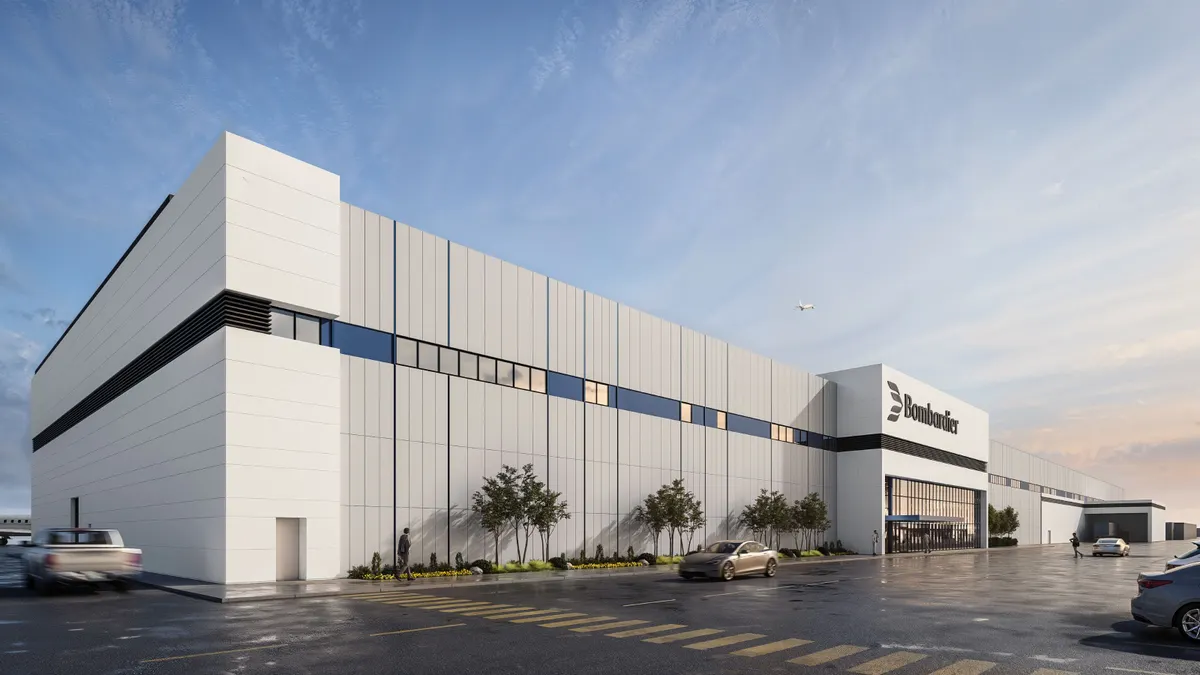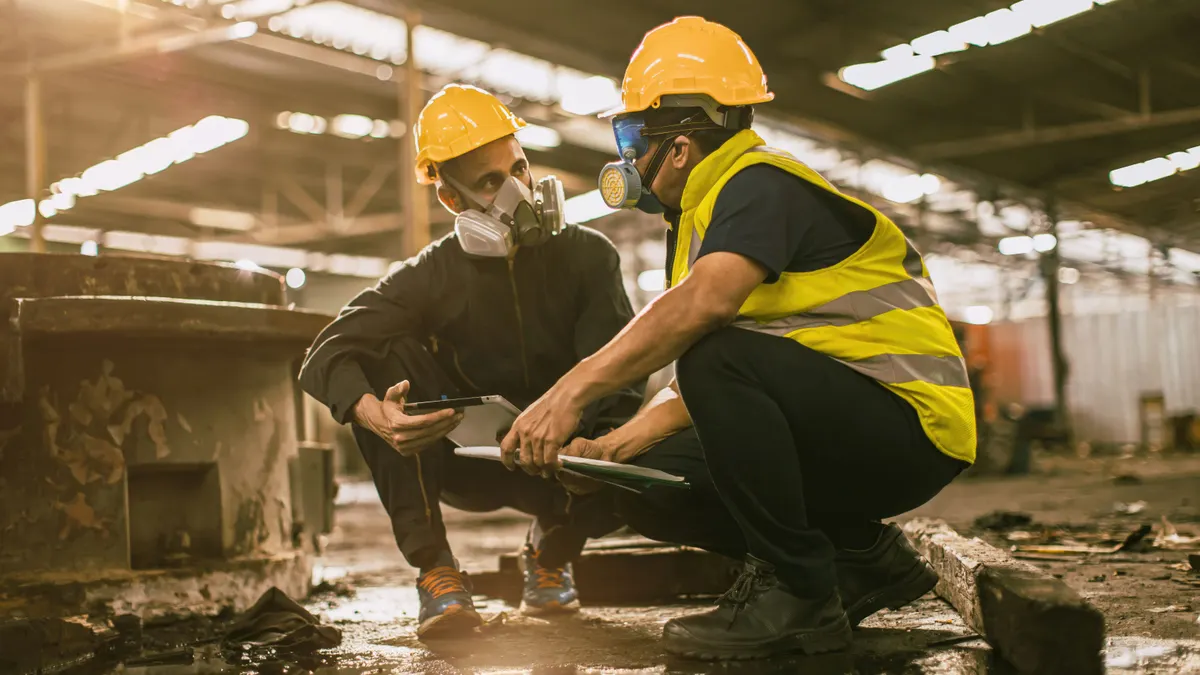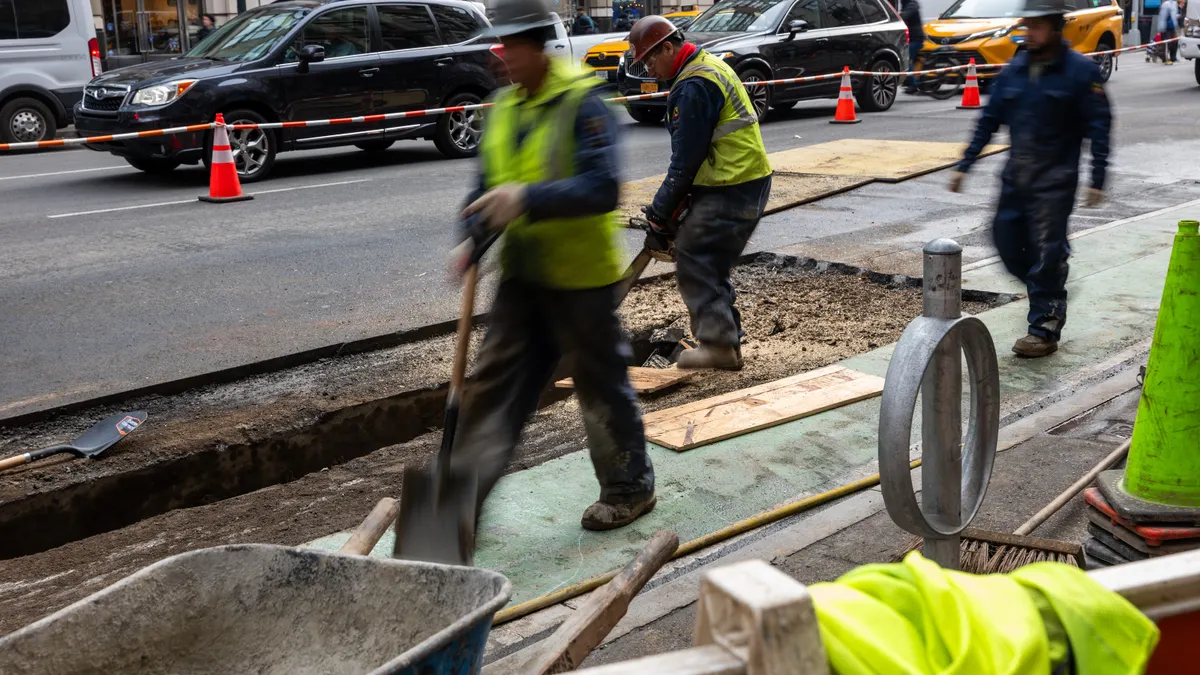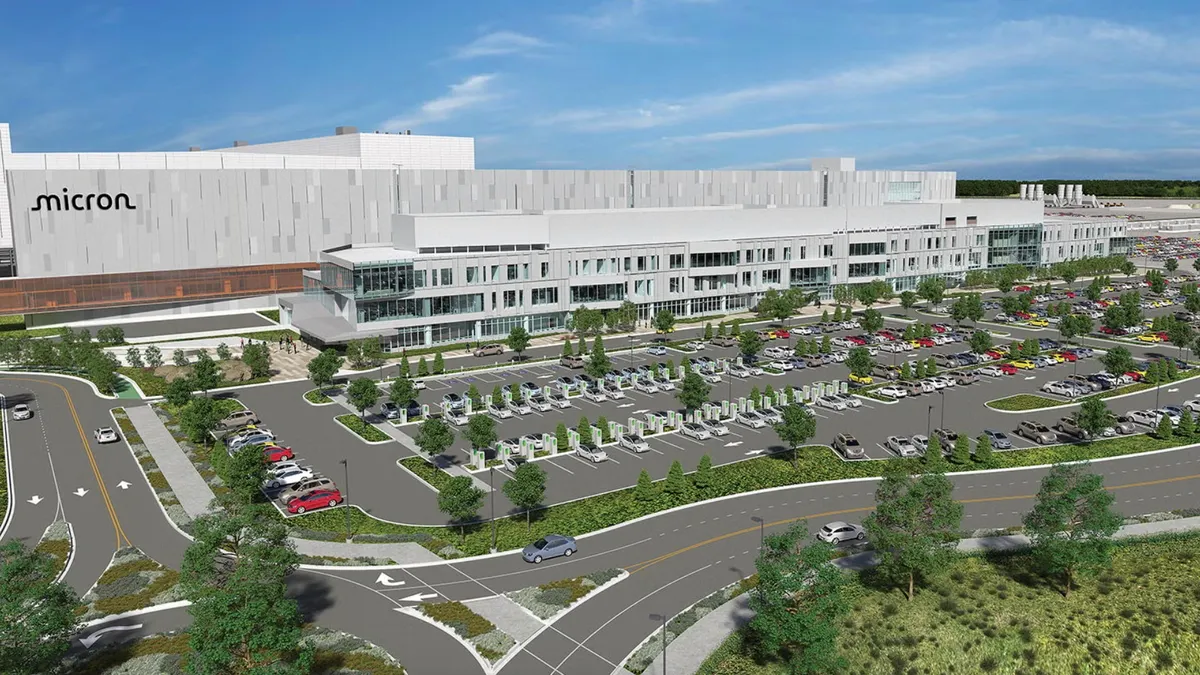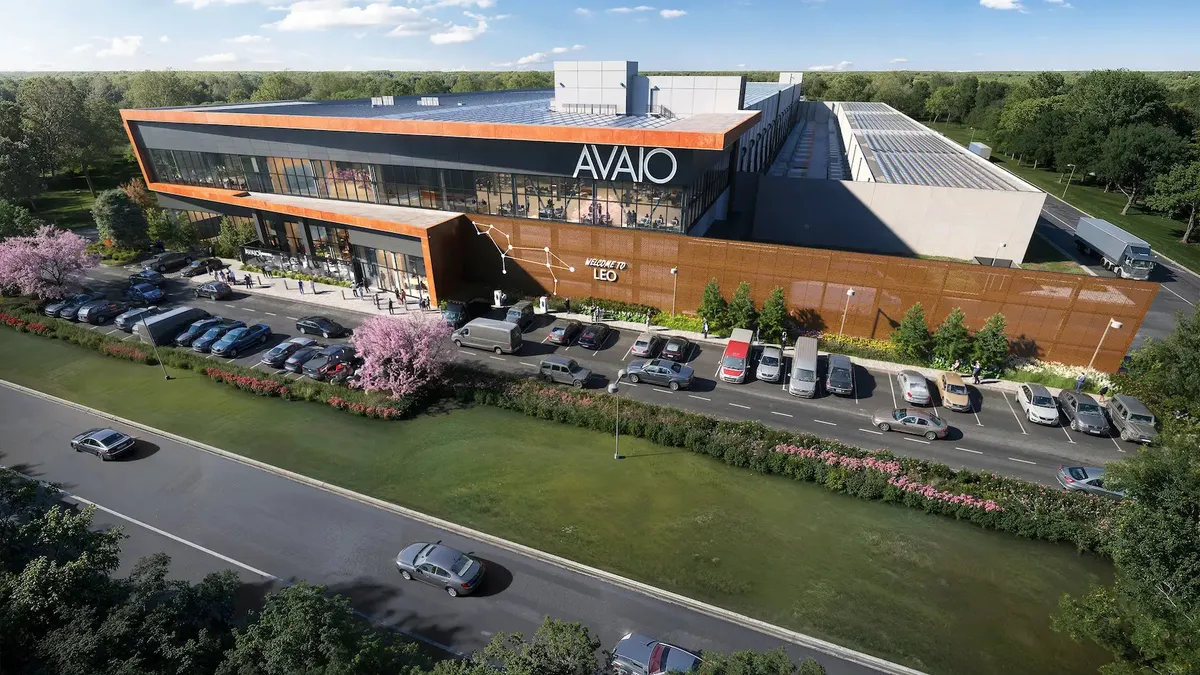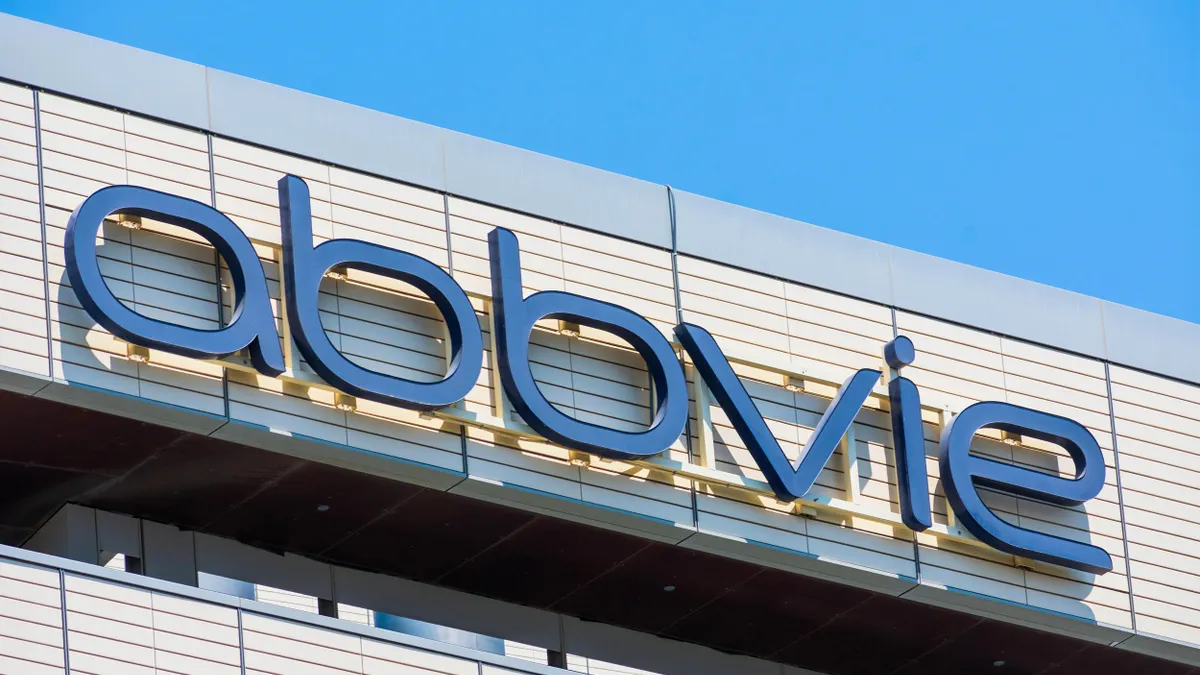Through its first five months, 2025 has not been kind to diversity, equity and inclusion.
On his first day in office, President Donald Trump issued an executive order targeting “wasteful government DEI programs” in which his administration characterized government DEI practices as “illegal.”
The next day, Trump ordered government agencies to target DEI programs in the private sector as well.
Then, last week, the DOT agreed to abandon automatic inclusion of women and certain minorities in its Disadvantaged Business Enterprise program, conceding that doing so was likely unconstitutional given the Supreme Court’s 2023 decision banning affirmative action in higher education admissions.
Nonetheless, some of the largest companies in the construction industry are forging ahead with the fifth annual Construction Inclusion Week.
In a recent press release, the event’s founders, which include Turner Construction, M.A. Mortenson, DPR Construction, Gilbane Building Co., McCarthy Building Cos. and Clark Construction, announced the 2025 event will run from Oct. 13 through Oct. 17.
The initiative was first held in 2021 in the wake of the social upheaval following George Floyd’s murder, to make construction workers of all backgrounds feel welcome in the face of multiple bias-motivated events, including dozens of displays of nooses, at jobsites throughout North America.
Here, Abrar Sheriff, president at Turner and co-chair of CIW 2025, talks with Construction Dive about the event’s focus this year, promoting inclusion now and why building executives are continuing to focus on this area despite the current policy environment.
The following has been edited for brevity and clarity.
CONSTRUCTION DIVE: What’s the goal of Construction Inclusion Week 2025 and how does it fit into the broader environment toward DEI that we're seeing today?
ABRAR SHERIFF: One of the biggest challenges we are facing is getting more people into our industry.

With this new race to AI and all of the data centers that are being built, all of the semiconductor chip plants that are being built, there’s a massive need. We need close to half a million people, including pipefitters, electricians, carpenters, other craft people and laborers.
So we have to make construction attractive to them. We have to make it where people feel comfortable, respected and included, while being treated with dignity. Because construction is hard. And if they don’t feel respected, they won’t come to our industry.
In 2025, the Trump administration has characterized at least some DEI initiatives as illegal. Why did you all decide to move forward with this initiative this year?
Yeah, we do not see this as a DEI initiative. We see this as a requirement for the industry, we need more people to come in. We want people from all walks of life.
This is making sure that all people feel included, everyone. So it's not targeting a specific population or a group.
There is no discrimination. If you need a half a million people, you have to welcome everyone. We want to get people into our industry because there's an absolute need.
The Trump administration has made it a priority to eliminate DEI programs, both in government and the private sector. By promoting this now, are you in some ways putting a target on your back?
For a long time, our companies have believed in actively caring for and taking care of our people. That means respect and inclusion, and that hasn't changed. We will continue to do that.
We believe anybody who comes to a Turner jobsite, we want them to be their best. It doesn't matter from where. What walk of life they're coming from. That’s who we are. That’s been our core value and that’s what we’re going to continue to be.
Have there been any legal challenges or do you anticipate any legal challenges to CIW this year?
No. We haven’t seen any, and we don’t anticipate any right now.
This is a good thing we are doing. We’re bringing more people into the industry. We hope people see that and that we're doing this for the right reasons.
During times of political divisiveness, there can often be an uptick of bias-motivated events on jobsites, including hate speech. Have you seen any change on your jobsites since the inauguration?
Yes and no. There's been a trend, there are certain periods of the year that it spikes and then it goes back down.
I would say right now it's almost like a steady state. We call in everything and we track everything. But currently, it feels consistent to previous years.
The same goes for our trade partners. They may track it differently from us, but they are looking at it, too. We don’t feel alone in this fight.
At my core, what I believe is when we do have a bias-motivated event, and we have a stand down to talk about it, I'm hoping that worker goes home, talks to his family and says, “This is crazy. Turner did this. They stopped work to talk about this.”
And if there’s a kid listening, maybe they think that’s pretty cool. Maybe they talk to their friends and neighbors. And then they talk to their friends and neighbors. So every heart and mind we change, I think it multiplies by at least 10. That's what I believe.
How can smaller companies continue promoting inclusion without being fearful that they will be singled out or targeted for doing so?
So part of this program is we have worked really hard — all six founding companies — to put together different programs for the other companies that sign up. Maybe they don’t have the budget to afford to build these programs and content themselves.
But they can just share it, use the content and programs we create, change the name, put their logo on it and go ahead and utilize it. So it's almost like giving them a blueprint on how to work and how to create the right environment.



